| Guess what? I finished the rough draft of FOR THE CAUSE OF FREEDOM! I think it's safe to say that it should be available by April, just in time to celebrate spring! FOR THE CAUSE OF FREEDOM (BOOK 2, MY BROTHER'S FLAG) On Maryland’s Eastern Shore, the division of the Civil War is an inescapable reality for many households. For the Turner brothers, it means choosing politics over blood. At the outbreak of the war, Charlie enlisted in the Confederate Army to defend States Rights while his older brother, Jeremiah, chose to fight for the Union. Three years later, an emaciated prisoner of war, Charlie is determined to escape Point Lookout Prison and make his way home to face the conflict awaiting him there. When Abigail Sterret discovers a wounded man near her home, she is moved by compassion at the sight of the gaunt Rebel soldier. Risking the consequences of aiding the enemy, Abigail shelters Charlie at Bloomingdale and nurtures him back to health. As his wounds heal, she discovers that Charlie carries more secrets than she supposed, and Abigail is more involved than she presumed. And though war may end with the sweep of a pen, peace comes far less easily. |
|
0 Comments
There seemed to be a death-like stillness about me. Then I heard subdued sobs, as if a number of people were weeping. I thought I left my bed and wandered downstairs. There the silence was broken by the same pitiful sobbing, but the mourners were invisible. I went from room to room; no living person was in sight, but the same mournful sounds of distress met me as I passed along. I saw light in all the rooms; every object was familiar to me; but where were all the people who were grieving as if their hearts would break? I was puzzled and alarmed. What could be the meaning of all this? Determined to find the cause of a state of things so mysterious and so shocking, I kept on until I arrived at the East Room, which I entered. There I met with a sickening surprise. Before me was a catafalque, on which rested a corpse wrapped in funeral vestments. Around it were stationed soldiers who were acting as guards; and there was a throng of people, gazing mournfully upon the corpse, whose face was covered, others weeping pitifully. 'Who is dead in the White House?' I demanded of one of the soldiers, 'The President,' was his answer; 'he was killed by an assassin.' Then came a loud burst of grief from the crowd, which woke me from my dream. I slept no more that night; and although it was only a dream, I have been strangely annoyed by it ever since." On April 14th, 1865, while watching a play at Ford's Theatre, Lincoln was assassinated by John Wilkes Booth. He was shot in the back of the head, and died the following morning. On Tuesday morning, April 18, 1865, soldiers opened the White House gates to receive an immense crowd stretching for blocks in downtown Washington. From 9:30 a.m. to 5:30 p.m. the shocked and grieving public filed past President Lincoln's open coffin in the East Room, in the first official mourning event after his assassination. Newspaper reporters estimated the number of visitors at 20,000 to 30,000 or more. So many had to be turned away that officials scheduled another public viewing at the Capitol two days later.
William, defending the Confederate trenches against his brother's regiment, was struck by a shell fragment above his right knee.
An account given in 1920 by J.R. King in the National Tribune recorded this "pathetic incident": "Two of the 6th Md. men like many others were going over the field ministering to the wounded without regard to the uniform they wore, came upon a wounded Confederate, who after receiving some water, asked if the 6th Md. was any way near there. The reply was, "We belong to that regiment. Why do you ask?" The Confederate replied that he had a brother in that regiment. "Who is he?" he was asked. The Confederate said, "Captain Clifton K. Prentiss." Our boys said, "Yes, he is our Major now and is lying over yonder wounded." The Confederate said, "I would like to see him." Word was at once carried to Maj. Prentiss. He declined to see him saying, "I want to see no man who fired on my country's flag." Colonel Hill, after giving directions to have the wounded Confederate brought over, knelt down beside the Major and pleaded with him to see his brother. When the wayward brother was laid beside him our Major for a moment glared at him. The Confederate brother smiled; that was the one touch of nature; out went both hands and with tears streaming down their cheeks these two brothers, who had met on many bloody fields on opposite sides for three years, were once more brought together." William died at the Armory Square Hospital on June 24, 1865, and his remains were interred at Green-Wood Cemetery. Clifton, holding out hope for his recuperation, returned home. But he died there on August 18, less than two months after his brother succumbed. Clifton was buried next to his brother William, and they have lain side by side for more than a century at Green-Wood. |
Rebekah Colburn Novelist Archives
March 2024
|
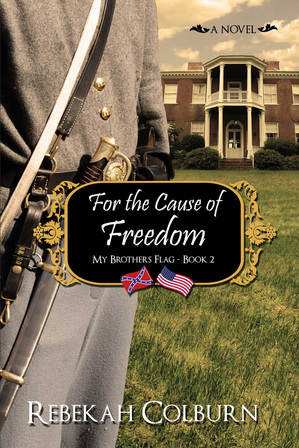
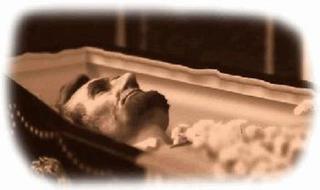
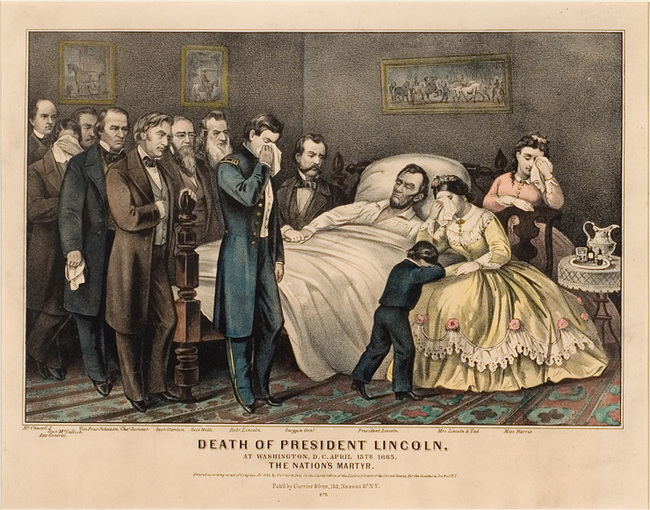
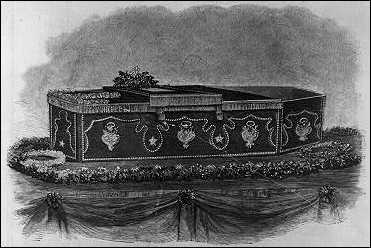
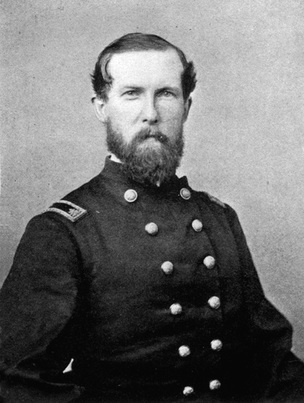
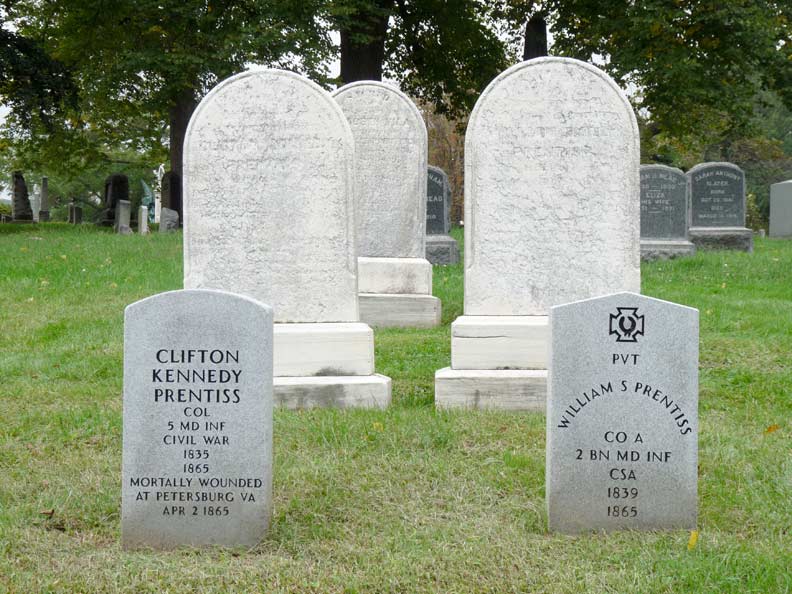
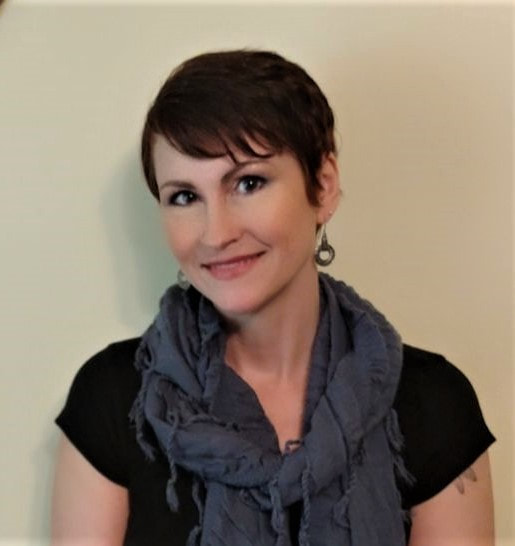
 RSS Feed
RSS Feed